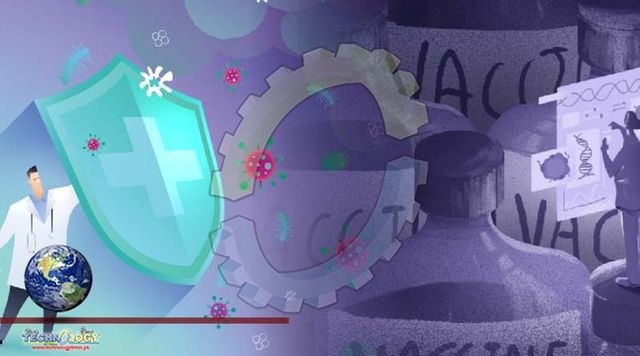four vaccine successes Most people will agree the key to easing COVID-19 restrictions has been the use of vaccine. Although they are imperfect in that they do not prevent a person from getting COVID-19 itself, they do offer a good level of protection against serious illness.

Some argue their protection wanes over time. This is true, which is why it is recommended that we get booster shots, much like with the flu vaccine or many childhood immunisations that are given over years to ensure long-lasting protection. To those who say natural immunity as a result of getting the virus is superior to the protection offered by vaccines, I would respond that the risks of adverse effects associated with the vaccines are far less than the very real risks associated with contracting a new virus that is known to cause widespread and even long-term damage to the human body.
Although work is being done to develop second-generation COVID-19 vaccines that will offer better and longer-lasting immunity, and more needs to be done to get the current vaccines to developing nations, it is fair to say these current vaccines have changed the course of the pandemic. According to recent statistics, 66.3 percent of the global population has received at least one dose of a COVID-19 vaccine with countries like the United Arab Emirates, Chile and Singapore leading the way with more than 90 percent of their populations having had at least two doses.
Vaccine uptake is vital if we are to defeat COVID-19. four vaccine successes As with any vaccine programme, eradication or protection from the disease relies on enough people having the vaccine(s) so the pathogen that causes the illness can no longer find a host to infect and multiply in. Enough people within a population need to have the vaccine so those who are unable to do so – such as those who are too young or have medical issues where the vaccine either would not work or cause more harm than good – can also be protected through the lower prevalence of disease within their communities. Without high uptake, our lives, and those of our loved ones, will remain at high risk from this devastating virus.
The emergence of monkeypox in countries where the disease has not been previously found has brought the smallpox vaccine back into the public eye. There is no specific vaccine for the monkeypox virus, which comes from the same orthopox family of viruses as smallpox. Smallpox, a deadly disease that killed a third of those infected, was declared eradicated by the WHO in 1980 thanks to a global vaccination and surveillance programme launched in 1967. Routine vaccination of the American public against smallpox stopped in 1972, while in the UK, it stopped in 1971. The last known natural case of smallpox was in 1977 in Somalia. The eradication of smallpox is one of the biggest public health successes in history.
Another vaccine that is proving highly four vaccine successes successful in preventing disease and death is the human papillomavirus (HPV) vaccine. This is a two or three-dose vaccine given to teenage girls (and boys in some countries) and the regime will vary slightly depending on location and age. HPV is mainly transmitted through sexual contact and most people are infected with HPV shortly after the onset of sexual activity. The human papillomavirus is responsible for almost all cervical cancer cases worldwide but has also been associated with mouth, throat, anal and genital cancers. Among women globally, cervical cancer is the fourth most common cancer.
Another major vaccine success story worth reminding ourselves of is the polio vaccine. Polio is a contagious viral illness, spread by coughing and sneezing. A severe case of polio involves nerve injury that can lead to paralysis, breathing difficulties and even death. It was once a disease feared worldwide, striking suddenly and paralysing – mainly children – for life. Vaccination means polio is now very rare in most parts of the world. For most of us, the polio vaccination programme has meant that we have not had to live with the horror and heartbreak of seeing loved ones suffer from this debilitating and deadly disease.
Source: This news is originally published by aljazeera